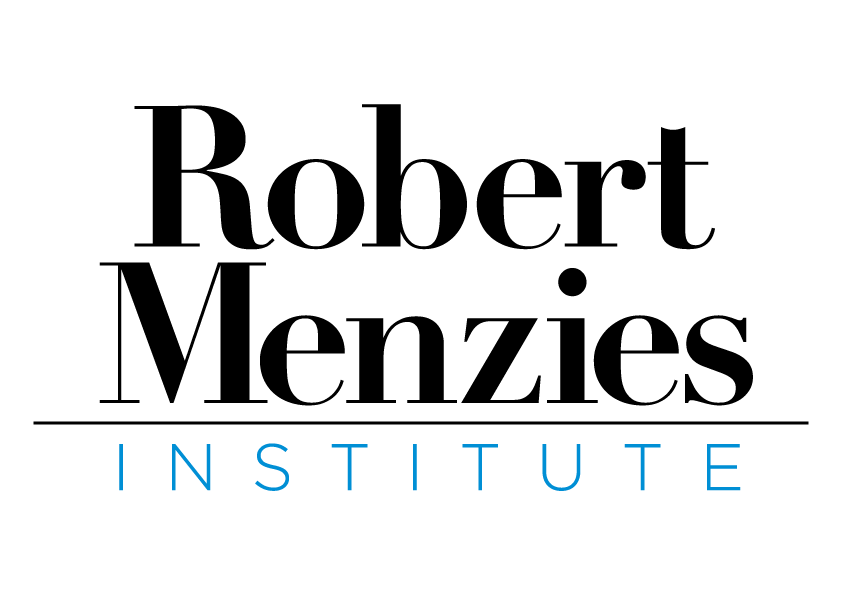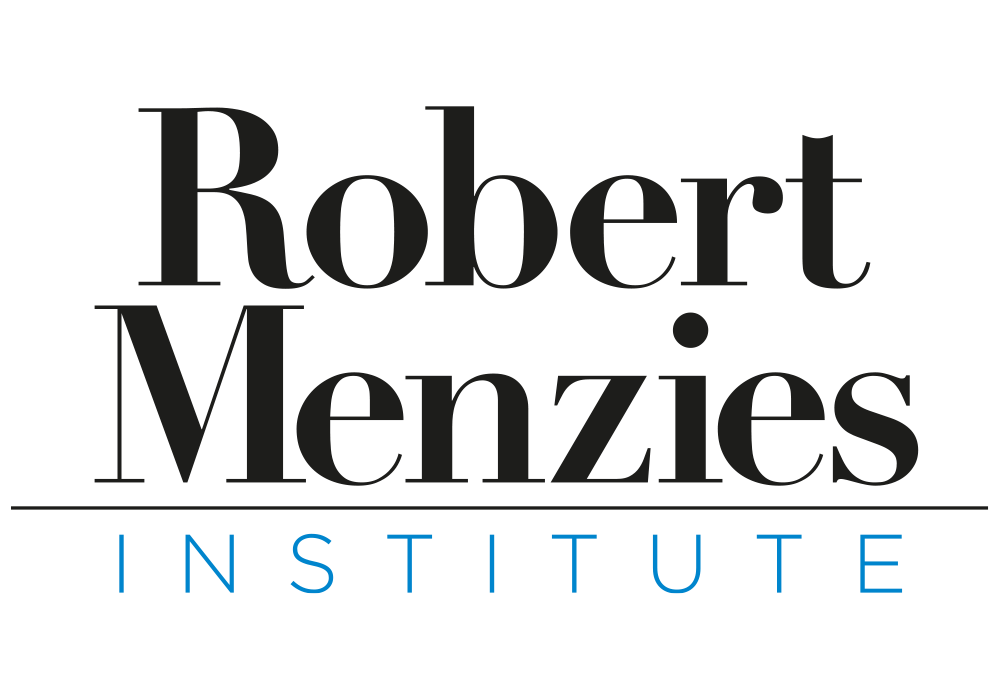Menzies Becomes Federal Attorney-General
Egon Kisch in front of a large crowd in the Domain, Sydney. From the Hood Collection, New South Wales State Library.
On this day, 12 October 1934, Robert Menzies is sworn in as Attorney-General and Minister for Industry, becoming a Cabinet Member in the Government of Joseph Lyons. The former position had been offered to Menzies as an inducement to run for federal politics, and he had even taken the seat of retiring Attorney-General John Latham at the recent election.
Menzies thus immediately became a crucial member of the Government’s inner circle without serving any time on the backbench, something that likely contributed to him developing a reputation for ‘arrogance’ which would later help to undermine his first Prime Ministership. Menzies’s qualifications for the post were significant, having won landmark cases in the High Court and served as Attorney-General of Victoria. Perhaps because of this rapid elevation, Menzies was not treated to the usual courtesy of a fair hearing for his maiden speech in the House of Representatives, and instead faced considerable interjections from the Opposition and the Lang-Labor crossbench.
Menzies likewise was given no grace period when he was rapidly thrown into the political controversy surrounding the decision to bar the entry into Australia of Egon Kisch, a Czech-born journalist, author, and communist. Kisch was scheduled to be the main speaker at the All-Australian Congress Against War and Fascism in November 1934, having had personal experience of being arrested by the Nazis after the Reichstag fire of February 1933. Though this gave him the appearance of legitimacy, Kisch was also a suspected advocate of communist insurrection, and this is what prompted the temporary Minister for the Interior Eric Harrison to exclude him, based on intelligence provided by the Government of the United Kingdom which had already declared him a ‘prohibited immigrant’. Kisch eventually did get in, much to the embarrassment of the Government.
Though Menzies was not responsible for banning Kisch, as Attorney-General he was left to defend the legality of the course of action, amidst criticism that the Government was attacking free speech. He told the House of Representatives that ‘communism connotes revolution’ and that ‘the limits of free speech are passed by propaganda which aims at the overthrow by violence of the government of a country.’ The dent that this episode might make to Menzies’s reputation for liberalism is somewhat offset by the fact that as Attorney-General he also quietly advocated in Cabinet for the easing of import prohibitions on a number of ‘seditious’ books, earning the appreciation of civil liberty advocates for this.
In a happier occurrence, the position of Attorney-General gave Menzies the opportunity to take trips to England to appear before the Privy Council. This was the most prestigious Court for someone like Menzies who had been trained in the English legal tradition, and it was one to which appeals from Australian courts were then still allowed in certain circumstances.
Menzies’s performances in the Council were somewhat sporadic compared to his history of triumph in the Australian High Court. In 1936 he lost a case relating to the Dried Fruits Act, the result of which was to invalidate a range Commonwealth legislation on the marketing of primary products, prompting the Lyons Government to propose a constitutional amendment which was defeated at a referendum in 1937.
Much of Menzies’s time during the 1930s was spent on these trips to England, where he would also get to represent the Australian Government in negotiations with their U.K. counterparts, often on the subject of trade. These trips helped Menzies to establish a burgeoning reputation as a statesman, though they may also have occasioned further private jealousies from his colleagues back home.
Further Reading:
A.W. Martin, Robert Menzies, A Life: Volume 1 1894-1943 (Melbourne University Press, 1993).
Carolyn Rasmussen, ‘Kisch, Egon Erwin (1885–1948)’, Australian Dictionary of Biography, Volume 15.


